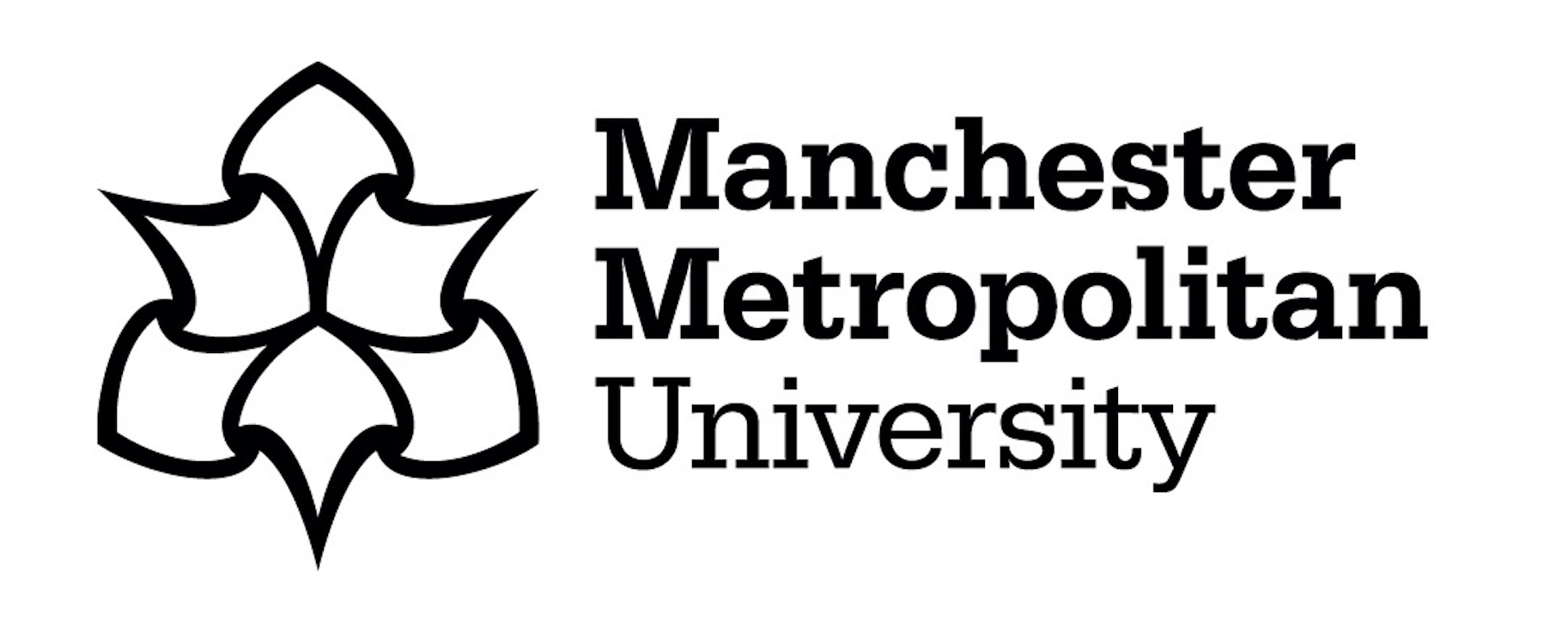Manchester Metropolitan University in the United Kingdom is partnering on a new project aimed at providing low-income families with freezers, recipes, support and tips to explore the impact of access to frozen food on their finances and eating habits.
Nutritionists from the school, which is the academic partner, will evaluate the findings of the pilot project run with Iceland Foods, Birds Eye, Currys and Clarion Housing Group which will be published in a white paper. If successful, it is hoped the scheme could be replicated in communities across Britain.
 The partnership follows publication of research from the university showing that families switching from fresh to frozen food halve their food waste and reduce their household grocery bill by almost a quarter.
The partnership follows publication of research from the university showing that families switching from fresh to frozen food halve their food waste and reduce their household grocery bill by almost a quarter.
It has been estimated that 10% of households in the UK do not have a freezer, meaning on-premise frozen food storage is not possible. Launched in February, the pilot scheme provides low-income families with freezers, as well as information, recipes and support to explore the impact on their household finances and eating habits.
The packages of support to 30 participating households have been developed by Clarion through focus groups with some of its residents to help ensure that the needs of low-income families are met.
Some will receive face-to-face support comprising access to recipe cards as well as cooking classes and help with budgeting and others will be able to access an online version of this support package.

Freezers will be donated by the Currys electronics appliance retailer in consultation with each household to identify the best solution for them based on their needs, available space and energy use, helping to mitigate the impact of energy price rises.
Families will then be supported to better access and use frozen food in the hope that it will lead to the adoption of a more affordable and healthy diet.
“This project could not come at a better time as many households are struggling to feed their families and meet household bills. Our research in 2020 found food costs were reduced by nearly a quarter when comparing frozen food against fresh,” said Kathryn Tyson, senior research assistant at Manchester Metropolitan University. “Through providing freezers and educational sessions on healthy cooking and eating, we can support the community to eat healthy, nutritious and affordable meals.”
Richard Walker, executive chairman of Iceland Foods, added: “Household poverty is a growing concern, and the cost of living crisis will mean many people will try to find ways to lower the cost of their food shop. This unique community project will help families with barriers to freezer ownership, and we hope that we will find that families can save money and improve their diets when they are able to access and use freezers and frozen food.”
![]()





